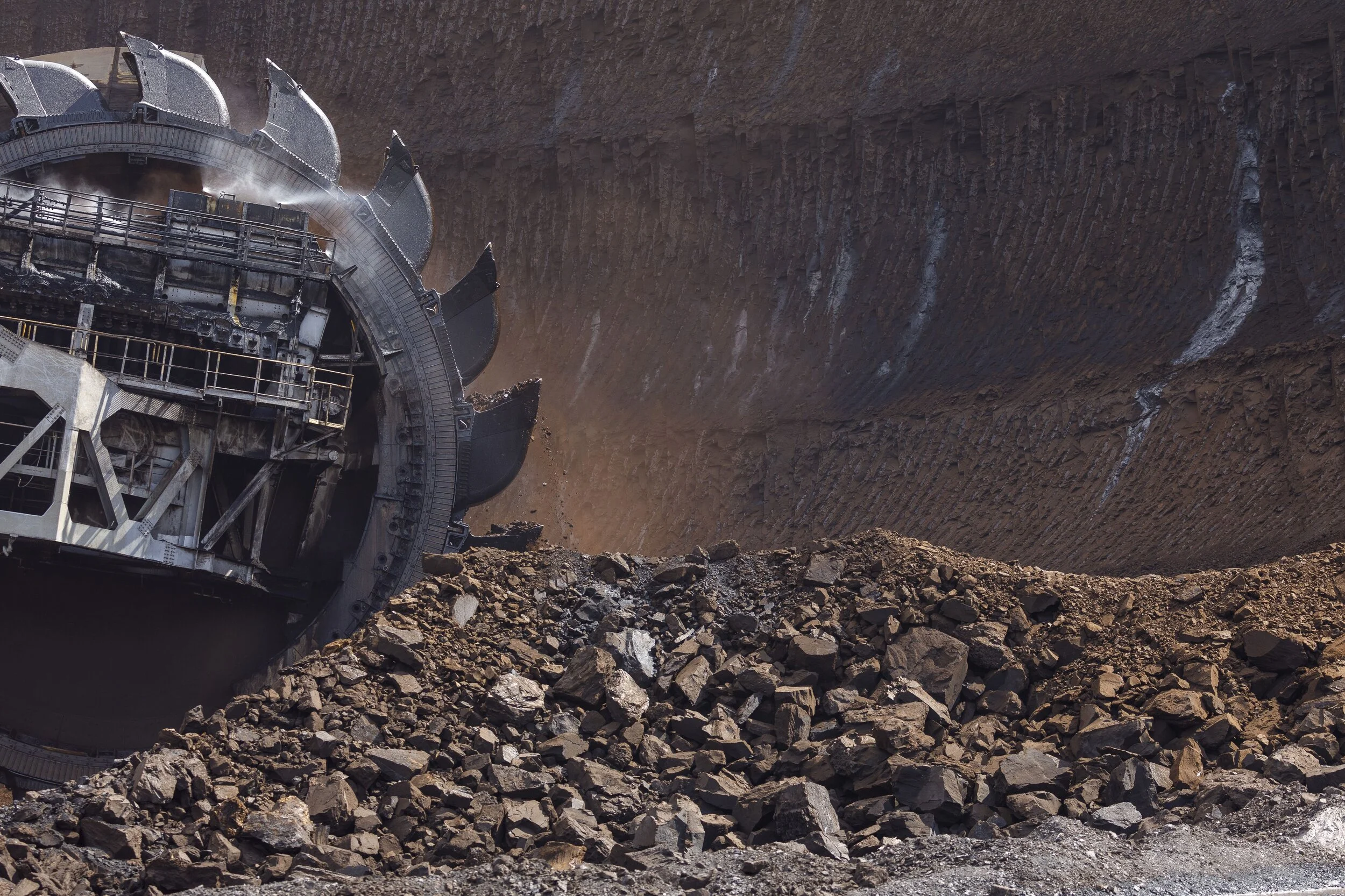|
Time
|
|
|
8.00-9.00
|
Registration |
|
9.00-9.15
|
Welcome
Shulman Auditorium
Harro van Asselt and Michael Lazarus, SEI
|
|
9.15-10.30
|
Shulman Auditorium
Moderator: Michael Lazarus, Stockholm Environment Institute (SEI)
|
|
10.30-11.00
|
Coffee
|
|
11.00-12.30
|
Parallel Sessions
|
|
|
Shulman Auditorium
Moderator: Cleo Verkuijl, SEI
- Guri Bang, Center for International Climate Research
Carbon risk as an institutional challenge: The case of Norway
- Chris Bataille, IDDRI/Simon Fraser University
What does “keeping in the ground” mean for current fossil fuel producers, dependent on the jobs and tax revenue?
- Naomi Luhde-Thompson, Law College, University of Birmingham
The implications of the Druridge Bay opencast coal-mine decision for UK policy on fossil-fuel extraction
- Ryan Rafaty, Oxford Martin School, University of Oxford/University of Cambridge
Revoking Coal Extraction Rights: An Economic and Legal Analysis
- Cliona Sharkey, Trocaire
The political dynamics of policies tackling fossil fuel supply in Ireland, from fracking to licensing
Memorial Room
Moderator: Jesse Burton, Energy Research Centre, University of Cape Town
- Tara Caetano, ICLEI - Local Governments for Sustainability - Africa
South Africa's coal transition: the socio-economic implications of a 2-degree consistent pathway
- Pao-Yu Oei, University of Technology Berlin
A historical case study on coal transition in Germany
- Oliver Sartor, IDDRI
Policy pathways for 2°C-compatible coal transitions in major coal-producing economies: insights from an international research project
- Jan Steckel, Mercator Research Institute on Global Commons and Climate Change
The political economy of climate policy: A theoretical framework
|
|
12.30-13.45
|
Lunch
|
|
13.45-15.15
|
Parallel Sessions
|
|
|
Shulman Auditorium
Moderator: Mark Campanale, Carbon Tracker Initiative
- Taran Fæhn, Statistics Norway,
The Paris Agreement and supply-side policies
- Ivetta Gerasimchuk, International Institute for Sustainable Development
Carbon entanglement in BRIICS: weaning government budgets off revenues from fossil fuel production
- Franziska Holz, DIW Berlin
Coal phase-out implications for the international steam coal market: The risk of asset stranding in the COALMOD-World model
- Frank Jotzo, Centre for Climate Economics and Policy
Coal taxes as an economic instrument for structural adjustment
- Paola Yanguas-Parra, Climate Analytics
Implications of natural gas extraction in Western Australia for achieving climate targets
Memorial Room
Moderator: Joanna Depledge, Climate Policy Journal
- Hanna Brauers, University of Technology Berlin
The political economy of coal in Poland: Drivers and hurdles for a shift away from fossil fuels
- Michael Dobson, The New School for Social Research
Founding myths: Theory and praxis in multilateral oil supply control, 1941–1949
- Berit Kristoffersen, UiT the Arctic University of Norway
Just cuts for fossil fuels? Supply-side carbon constraints and geo-political economies of energy transitions
- Lucas Kruitwagen, University of Oxford
Crude Awakening: Design of and early findings from the 2 Degree Pathways energy-climate scenarios wargame
|
|
15.15-16.30
|
Parallel Sessions
|
|
|
Shulman Auditorium
Moderator: Ivetta Gerasimchuk, International Institute for Sustainable Development
- Andrew Grant, Carbon Tracker Initiative
2 Degrees of separation: Company-level transition risk
- Richard Heede, Climate Accountability Institute
An update of operational and product emissions traced to major carbon producers in the context of climate litigation.
- Greg Muttitt, Oil Change International
The sky’s limit: How achieving the Paris goals leaves no room for new fossil fuels
- Yonatan Strauch and Angela Carter, University of Waterloo
Operationalizing decarbonization paradigms in political and financial spheres: the role of 2°C carbon budgets
Memorial Room
Moderator: Georgia Piggot, SEI
- Benjamin Franta, Stanford University
The American Petroleum Institute and global warming: Industry knowledge, denial, obstruction, and the potential of lawsuits for supply-side policy
- Kathryn Harrison, University of British Columbia
Switching tracks: Opposition to coal exports in Canada and the United States
- Noel Healy, Salem State University
Disrupting carbon lock-in: The catalytic impact of the fossil fuel divestment movement
- Berit Kristoffersen, UiT the Arctic University of Norway and Bård Lahn, CICERO
Challenging status quo through supply-side initiatives in Norway: Way out or far out?
|
|
16.30-16.45
|
Coffee
|
|
16.45-18.15
|
Shulman Auditorium
Moderator: Peter Frumhoff, Union of Concerned Scientists
- Jo Alexander, ShareAction
- Myles Allen, Professor, University of Oxford
- Sophie Marjanac, ClientEarth
- Kathy Mulvey, Union of Concerned Scientists
- Geoffrey Supran, Harvard University
|
|
18.15-19.15
|
Reception
|
|
19.15-21.00
|
Dinner
|
